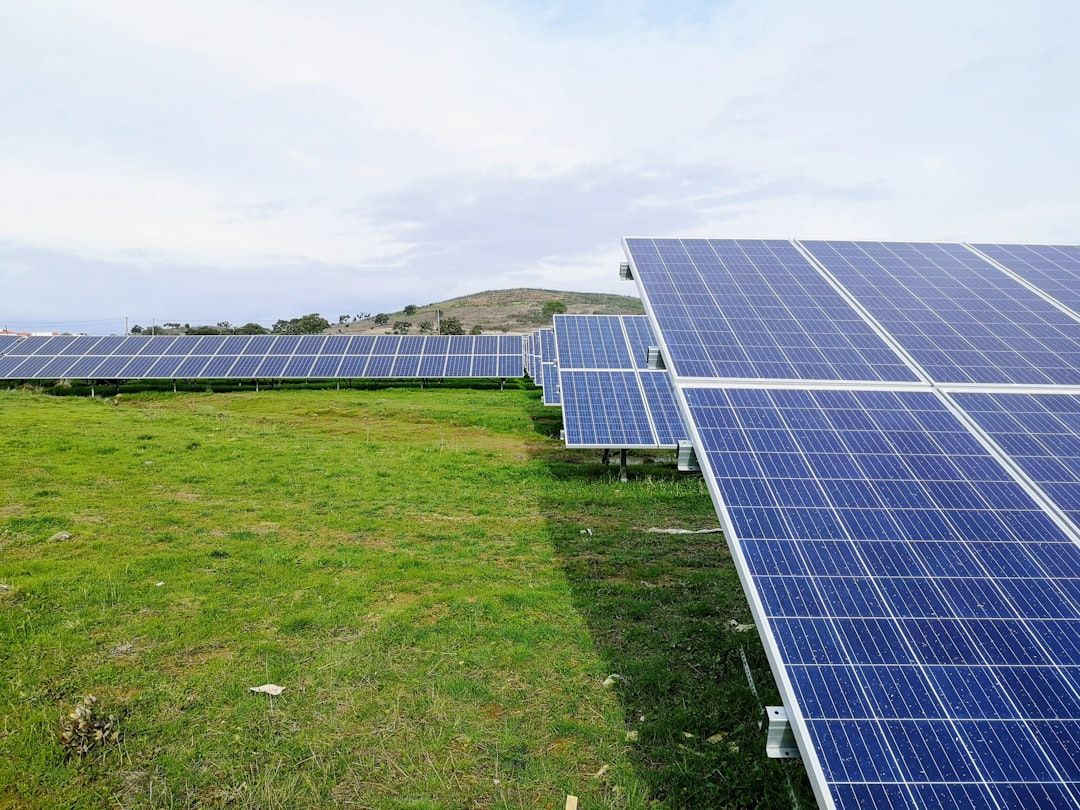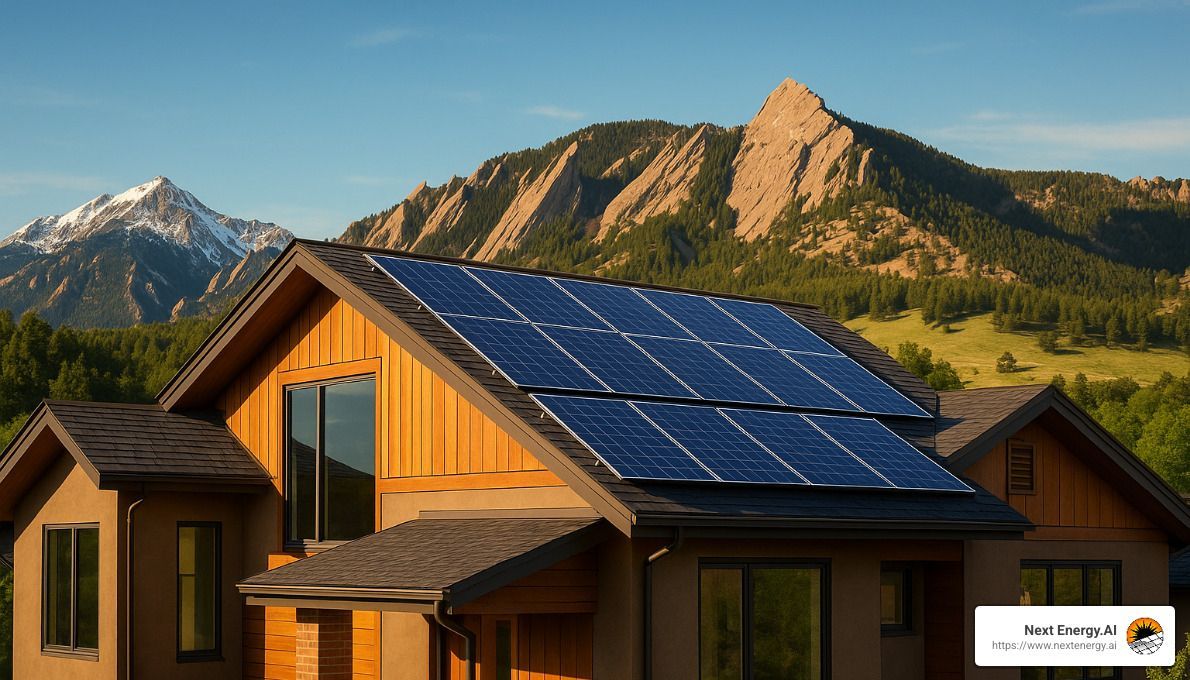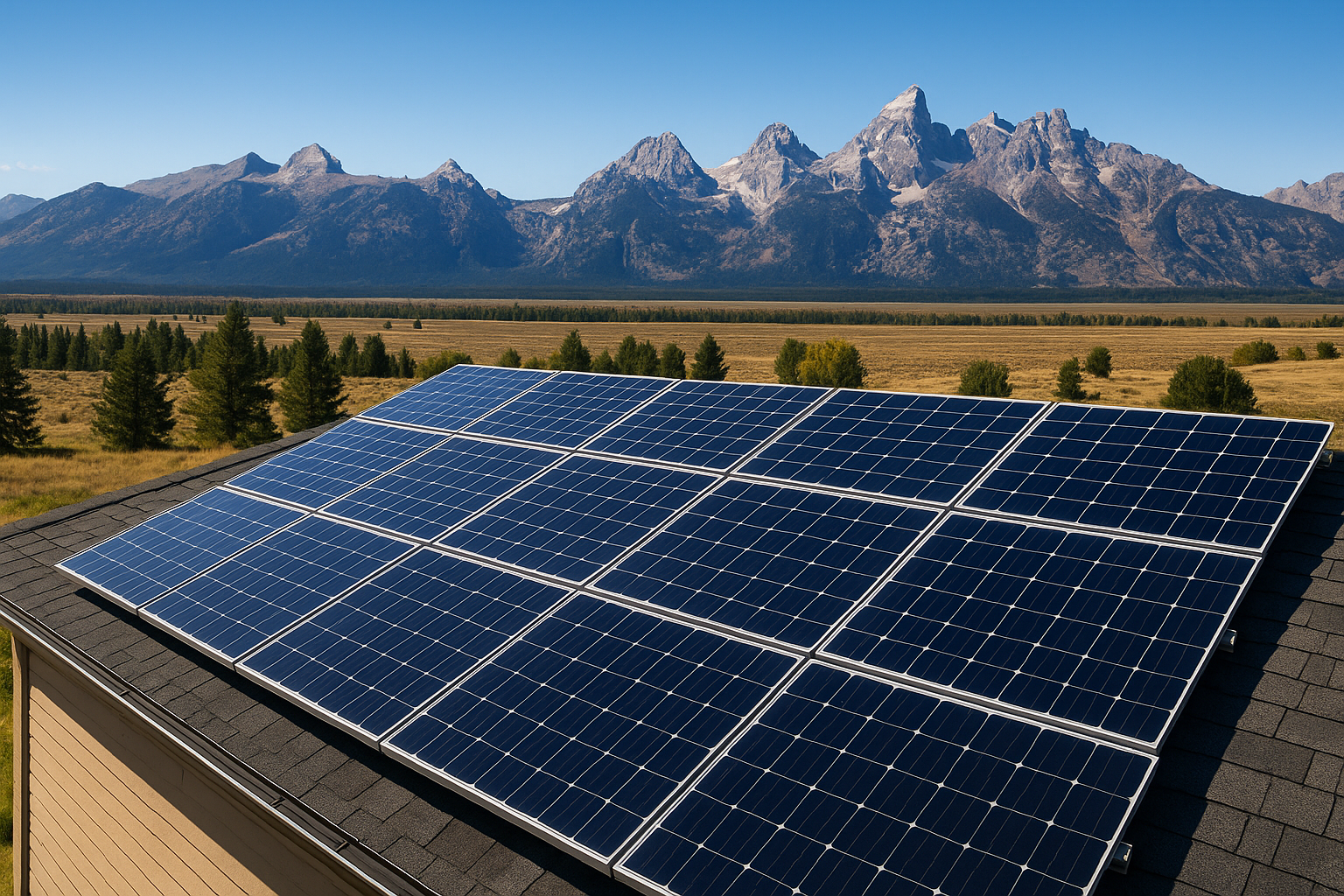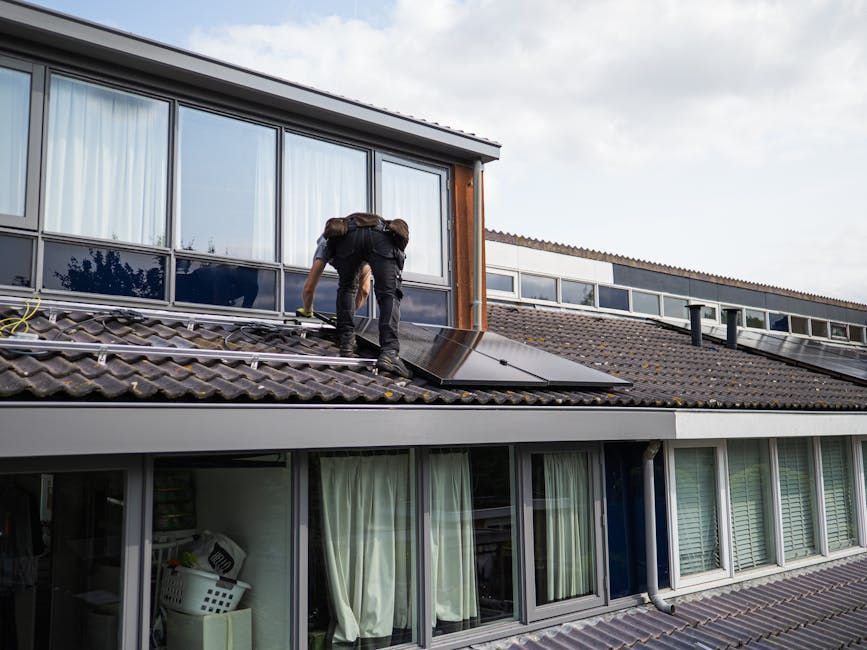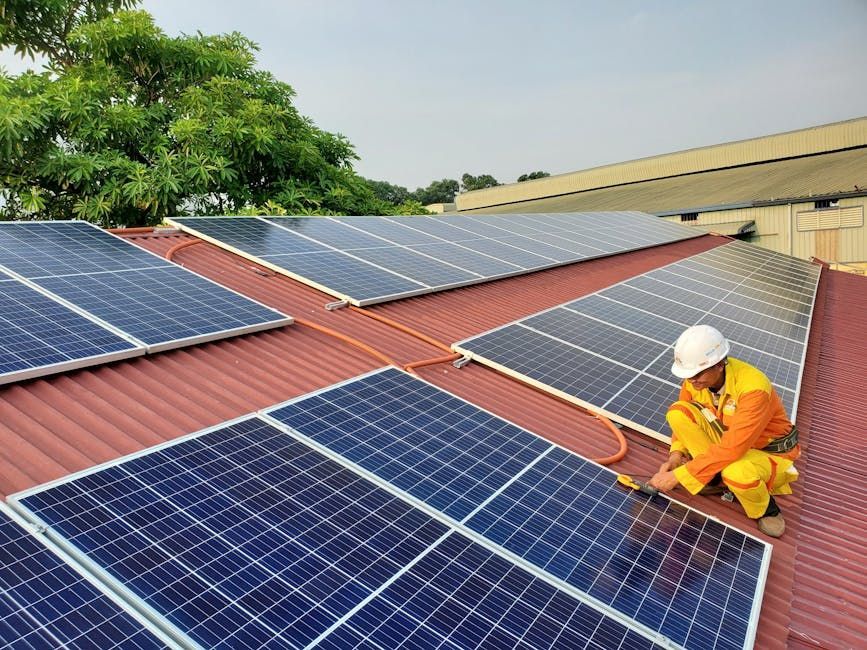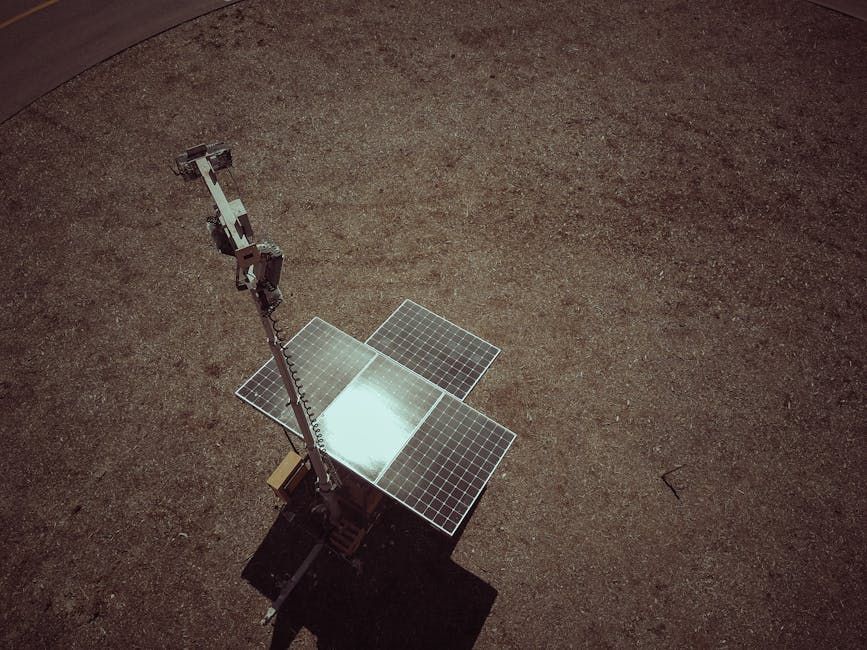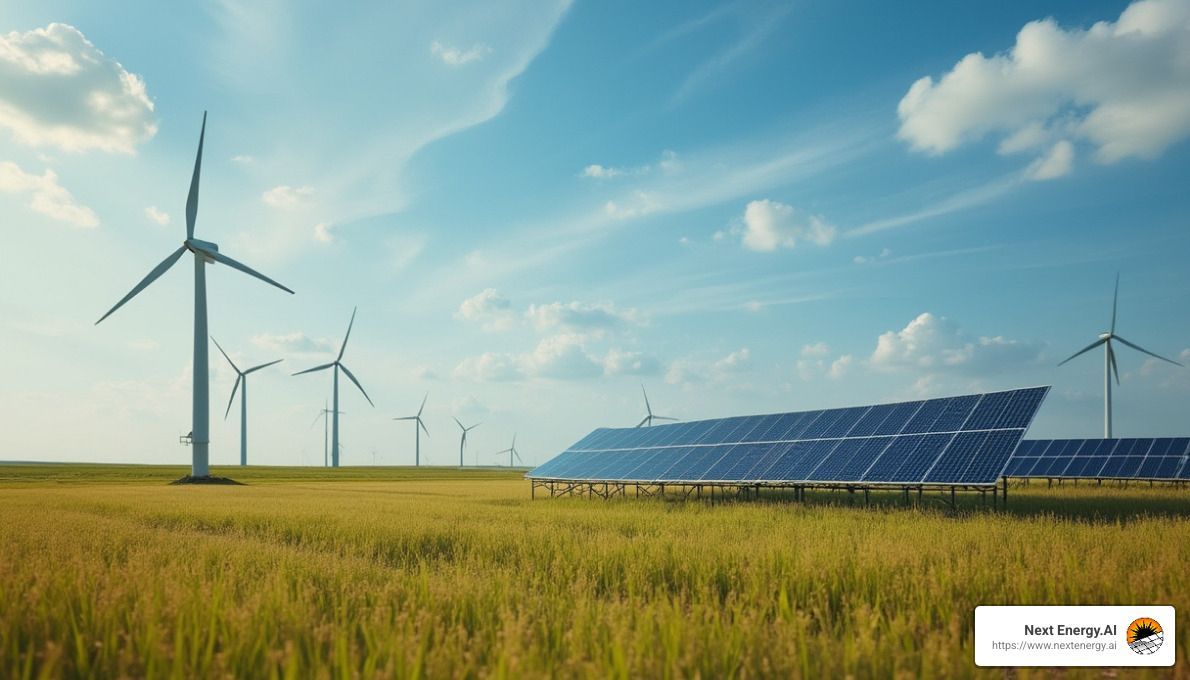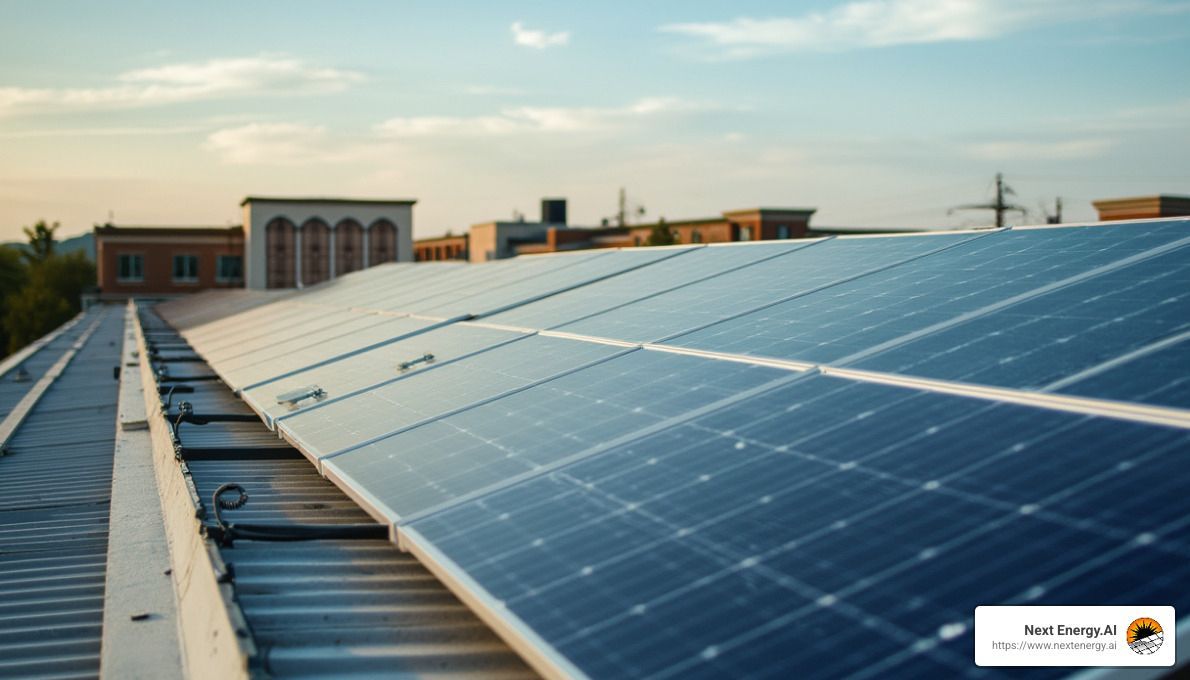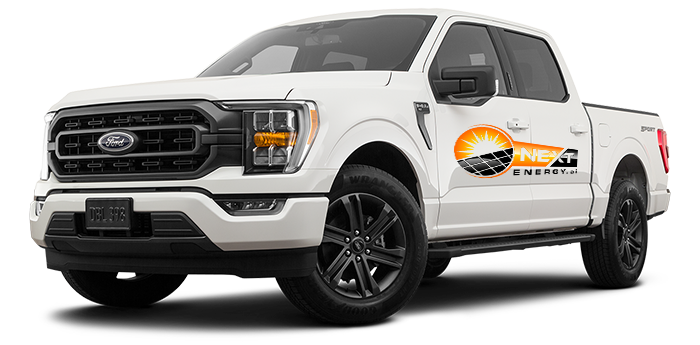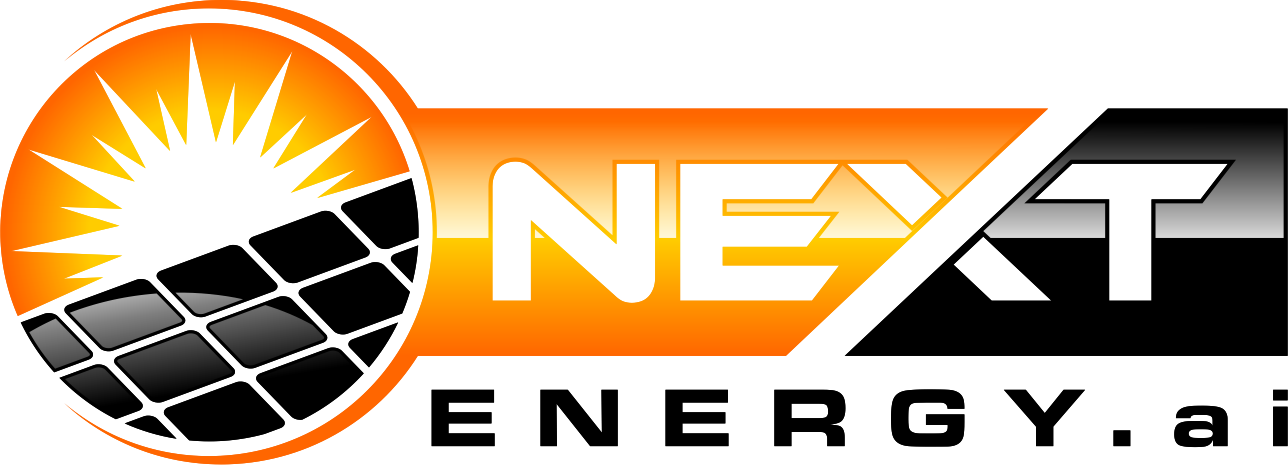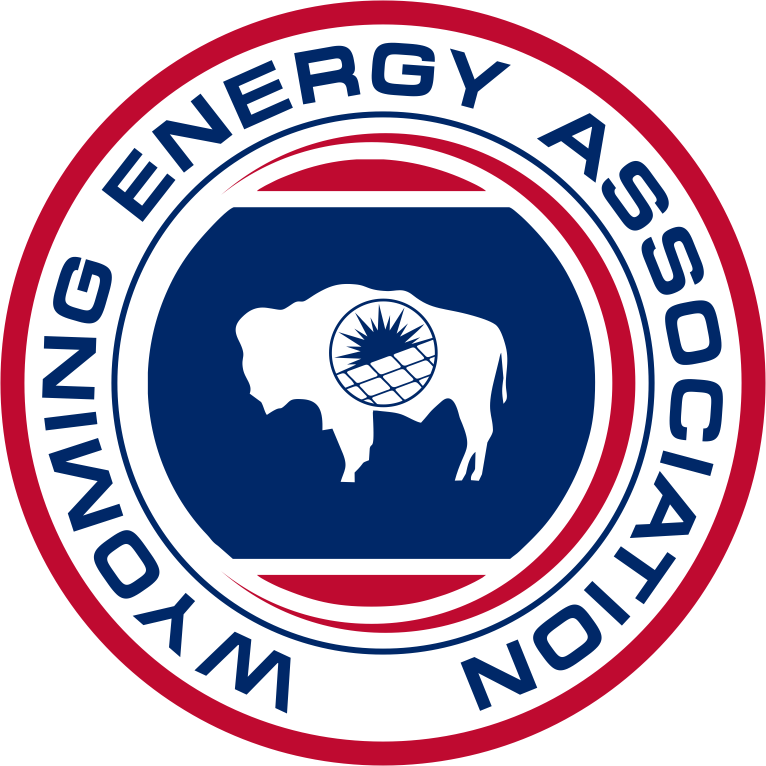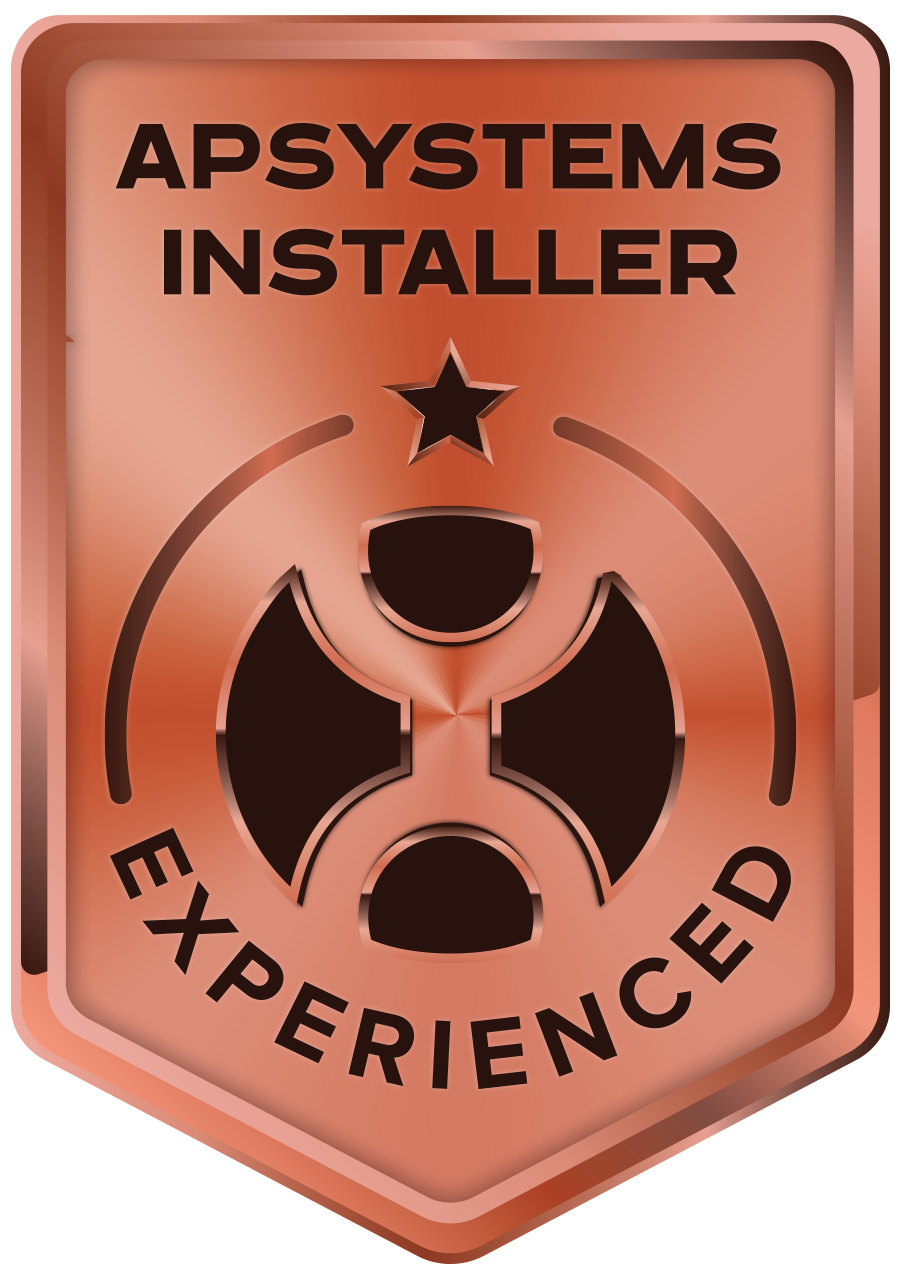Solar Savings: Understanding the Average Cost of Solar Panels in Colorado
The average cost of solar panels in Colorado has dropped significantly over the past decade, making renewable energy more accessible than ever for homeowners across the Centennial State. With approximately 300 sunny days per year, Colorado presents an ideal environment for harvesting solar energy and reducing monthly electricity bills. Despite the upfront investment, the combination of abundant sunshine, decreasing installation costs, and generous incentives has created a perfect opportunity for Colorado residents to accept solar power.
As a homeowner considering solar, understanding the true costs involved—beyond just the panels themselves—is crucial to making an informed decision. Installation expenses, system size requirements, equipment quality, and available incentives all play significant roles in determining your total investment and potential savings.
I'm Spencer Gordon, CEO of NextEnergy.ai based in Fort Collins, Colorado, and I've helped hundreds of homeowners steer the average cost of solar panels in Colorado to find sustainable energy solutions that fit their unique needs and budgets. My experience with solar installations throughout Northern Colorado has given me insight into how local factors affect pricing and system performance.
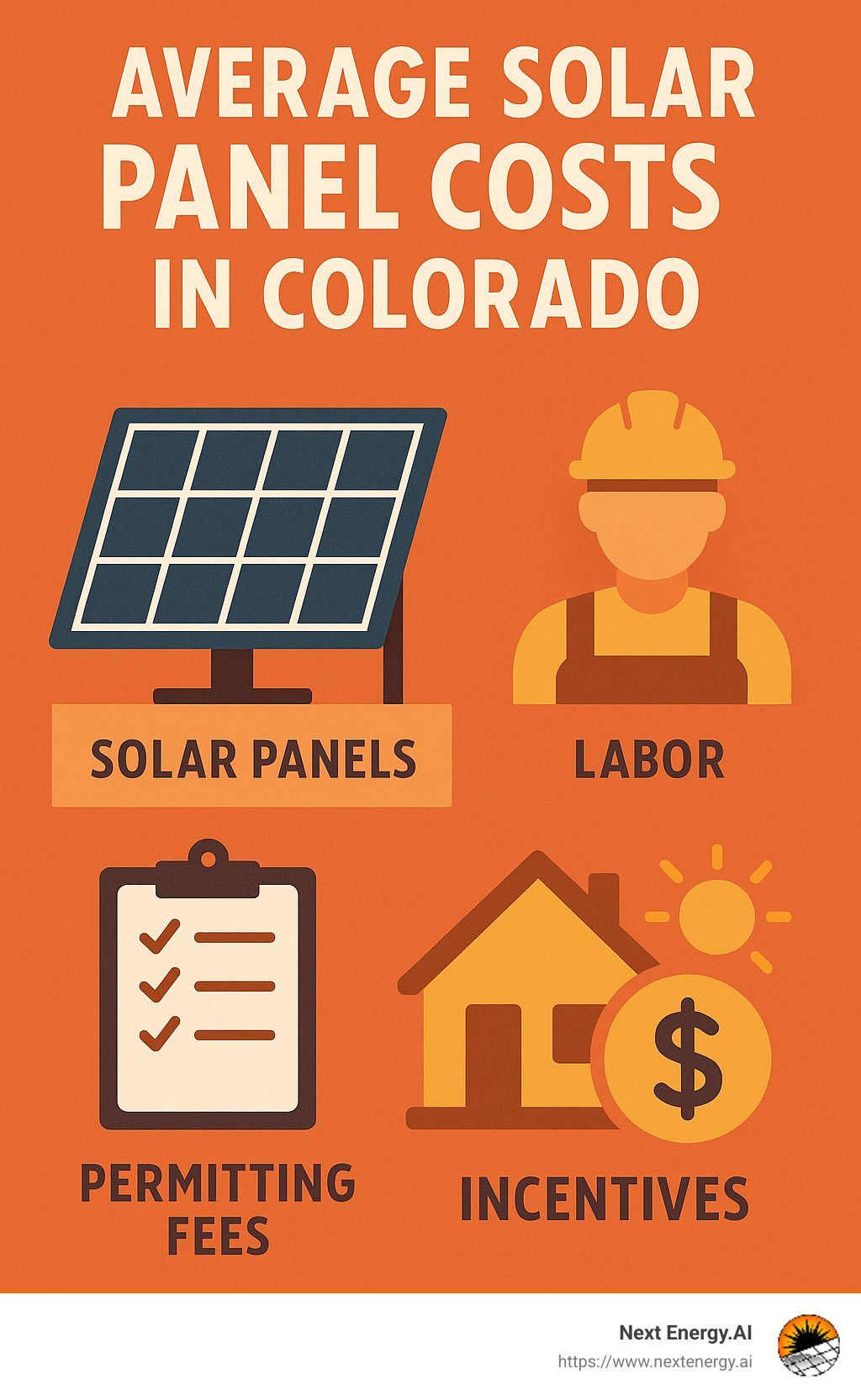
Understanding the Average Cost of Solar Panels in Colorado
When you're thinking about going solar in Colorado, understanding the true cost involves more than just the price of those shiny panels on your roof. In fact, the panels themselves only make up about 12% of your total investment. The rest goes toward inverters, mounting equipment, labor, permits, and other behind-the-scenes costs that make your system work.
Here in Colorado, homeowners typically pay between $2.82 and $3.52 per watt for a complete solar installation. This might be slightly higher than the national average in some areas of our state, mainly because Coloradans tend to install somewhat smaller systems than the national norm.
As Mac Scott from the Colorado Solar & Storage Association (COSSA) puts it, "Interconnection is really important." This highlights something many homeowners don't initially consider—connecting to the grid sometimes comes with unexpected costs that might not show up in your first estimate.
What is the Average Cost of Solar Panels in Colorado in 2025?
The average cost of solar panels in Colorado in 2025 depends largely on how big a system your home needs. Most Colorado families install systems between 7.5 kW and 10.4 kW to match their energy needs.
For a typical 7.5 kW system that works for many Colorado homes:
- Before incentives: About $26,400
- After the federal tax credit: Around $18,480
If you need a larger 10.4 kW system:
- Before incentives: Approximately $29,417
- After federal tax credit: About $20,592
Interestingly, Colorado households typically use less electricity than the national average—about 700 kWh monthly compared to the national 900 kWh. That's why our systems tend to be a bit smaller here in the Centennial State.
Denver residents get a small break, with installation costs running slightly lower than the state average—around $2.60 per watt before incentives. This means an average system in Denver might cost about $10,900 after applying the federal tax credit.
How Does the Average Cost of Solar Panels in Colorado Compare Nationally?
The average cost of solar panels in Colorado has some interesting differences compared to national figures:
- Colorado average cost per watt: $2.82 - $3.52
- National average cost per watt: $2.96 - $3.03
While our cost per watt can sometimes be higher than the national average, this isn't necessarily because equipment or labor costs more here. Rather, it's because Colorado homeowners typically install smaller systems (averaging 9.3 kW) compared to the national average of 11.6 kW.
This size difference makes sense for a couple of reasons: Colorado's net metering policies often favor systems under 10 kW, and our homes simply use less energy on average than homes in many other states.
What makes Colorado special for solar is our unique combination of advantages:
- Our abundant sunshine (over 300 sunny days annually)
- Lower average household energy consumption
- Strong net metering policies that reward solar adoption
- Significant local incentives that boost your savings
Together, these factors create a situation where, even if the cost per watt might be slightly higher in some parts of Colorado, the overall investment and return often work out better for Colorado homeowners compared to many other states. It's one of the many reasons we're proud to help Colorado families make the switch to solar here at Next Energy.AI.
Factors Influencing the Cost of Solar Panels in Colorado
When homeowners ask me about the average cost of solar panels in Colorado, I always explain that there's no one-size-fits-all answer. Your neighbor's system cost might be quite different from what you'll pay, and for good reason.
System Size and Household Energy Consumption
The biggest factor affecting your solar investment is simply how much electricity you need. Coloradans typically use less power than the national average—about 700 kWh monthly compared to 900 kWh nationwide. This means we generally need smaller systems here in the Centennial State.
Most Colorado homes are equipped with systems around 9.3 kW, while the national average sits closer to 11.6 kW. This difference isn't just about saving money—it reflects our state's energy efficiency and lifestyle.
To figure out your ideal system size, take a look at your past year of electric bills. This gives you a clear picture of your consumption patterns across all seasons. Don't forget to consider any upcoming changes that might affect your usage, like adding an electric vehicle or that hot tub you've been eyeing.
The good news? Colorado's abundant sunshine works in our favor. A modest 6 kW system in Denver can generate approximately 784 kWh monthly—often enough to power an entire home in the area. With 300+ sunny days annually, our solar panels work overtime compared to many other regions.
Quality of Equipment and Installation
When it comes to solar equipment, there's a wide range of options that affect both upfront costs and long-term performance. Higher-efficiency panels cost more initially but might deliver greater savings over time.
The interesting thing about Colorado's sunny climate is that we often have more flexibility with panel choices. Many homeowners can opt for slightly less expensive mid-efficiency panels without sacrificing much production—potentially saving up to $10,000 compared to installing the highest-efficiency panels on the market.
"Solar panels are portrayed as a worthwhile investment in Colorado, with long-term savings that justify the upfront costs."
Today's panels typically offer efficiency ratings between 19% and 21%, producing 370-450 watts per panel. Your inverter choice also impacts cost—string inverters cost less upfront than microinverters or power optimizers, but they might not perform as well if your roof is complex or partially shaded during the day.
Warranty terms matter too. Premium equipment often comes with 25-year warranties, with some manufacturers now offering up to 40 years of coverage. While this protection adds to the upfront cost, it provides valuable peace of mind for such a significant investment.
Choosing the right installation company makes a huge difference in both cost and quality. Local expertise is particularly valuable here in Colorado, where installers familiar with our unique permitting requirements and utility interconnection processes can save you considerable time, money, and headaches.
Additional Cost Factors
Your roof's condition and complexity play a significant role in your total investment. If your roof needs repairs before installation or has multiple angles and obstacles like dormers or skylights, costs will increase. We always recommend addressing any roofing issues before installing solar panels—it's much more cost-effective than removing and reinstalling panels later.
Interconnection requirements can sometimes bring unexpected costs. I've seen Colorado homeowners face surprise expenses, like a $7,000 transformer upgrade needed to connect their solar system to the grid. These costs aren't always included in initial estimates, which is why working with an experienced local installer is so important.
Permitting and inspection fees vary widely across Colorado municipalities. Some cities have streamlined their solar permitting processes, while others still have more complex requirements that add time and cost to your project.
Installation labor typically accounts for about 15% of your total system cost. While it might be tempting to choose the lowest bid, proper installation is crucial for system performance and longevity.
Battery storage is optional but increasingly popular. Adding batteries will increase your investment by $10,000-$22,000, depending on capacity. The good news is that Colorado's favorable net metering policies mean many homeowners can go solar successfully without battery storage, using the grid as their "battery" instead.
Incentives and Rebates for Solar Panels in Colorado
When you're considering solar panels for your Colorado home, the sticker price might make you wince at first. But here's the good news – there are plenty of incentives that can dramatically slash the average cost of solar panels in Colorado. These financial benefits are like finding money in your couch cushions, except we're talking thousands, not just loose change.
Federal Solar Investment Tax Credit (ITC)
The federal solar tax credit is the heavyweight champion of solar incentives. Currently, this incredible benefit lets you deduct a whopping 30% of your solar installation costs from your federal taxes.
To put this in real dollars: if you install a $29,417 system (pretty typical for many Colorado homes), you'll get about $8,825 back when you file your taxes. That immediately drops your effective cost to around $20,592. Not too shabby!
Just keep in mind that this is a tax credit, not an instant rebate. You'll need enough tax liability to claim the full amount. If you don't have enough liability in one year, you can usually carry the remaining credit forward.
The 30% rate is locked in through 2032, which gives you plenty of time to plan. After that, it starts stepping down – 26% in 2033, 22% in 2034, and then (unless Congress extends it) the residential credit vanishes into thin air after 2034. So there's definitely an advantage to going solar sooner rather than later.
Colorado State and Local Incentives
Colorado really wants you to go solar, and they put their money where their mouth is with several state and local incentives that make the average cost of solar panels in Colorado even more attractive.
First, Colorado gives you a complete exemption from the state's 2.9% sales tax when purchasing solar equipment. On a $29,000 system, that's an immediate savings of around $841 – enough for a nice weekend getaway to celebrate your new solar panels!
Your property value will increase with solar (by about 4% on average), but Colorado won't punish you for it. The state's property tax exemption means you won't pay a penny in additional property taxes on that increased value. With property taxes in Colorado averaging about 0.6% annually, this exemption saves you money year after year.
Net metering is another fantastic benefit available through all major utility companies in Colorado. This policy allows you to receive full retail credit for any excess electricity your system produces and sends back to the grid. It's like having the utility company act as your personal battery, storing your extra summer production for you to use during those shorter winter days.
Many local utilities sweeten the deal even further. Xcel Energy's Solar*Rewards program offers production-based incentives that pay you for the electricity your system generates. If you're a Denver resident with a limited income, the Denver Solar Rebate Program might provide up to $8,000 toward your installation. And the Colorado Residential Energy Upgrade (RENU) Loan program offers attractive low-interest financing specifically for renewable energy improvements.
Some communities have their own special incentives too. Homeowners in the beautiful Roaring Fork Valley might receive rebates covering up to 25% of their project cost (maxing out at $2,500). And if you live in Fort Collins, check with the city utilities department for additional local rebates that could further reduce your costs.
For the most up-to-date information on all these programs, I recommend visiting the Colorado Energy Office. They maintain comprehensive information on current incentives and can help you steer the options available in your specific area.
With all these incentives combined, the true average cost of solar panels in Colorado becomes much more affordable than the initial price tag suggests. Many of our customers at Next Energy.AI are pleasantly surprised when they see how these incentives transform what seemed like a significant investment into a no-brainer financial decision.
Calculating Your Solar Savings in Colorado
When you're thinking about going solar, knowing the average cost of solar panels in Colorado is just the beginning. The real question is: how much money will you actually save over time? Let's break down the numbers in a way that makes sense for your household budget.
Understanding the Solar Payback Period
Simply put, the solar payback period is how long it takes for your electricity savings to equal what you paid for your solar system. Think of it as the break-even point of your investment.
In Colorado, most homeowners see their systems pay for themselves in about 7 to 11 years – that's actually faster than the national average!
Why is Colorado's payback period so favorable? It comes down to our abundant sunshine and decent electricity rates. The average electricity rate in Colorado is about 15¢ per kilowatt-hour, which isn't the highest in the nation but is enough to make solar a smart financial move.
Your specific payback period depends on several personal factors. If you're paying higher-than-average electricity rates, you'll recoup your investment faster. Similarly, if you qualified for extra local rebates beyond the federal tax credit, your payback accelerates.
Let's look at a real-world example: If your solar system costs $18,480 after applying the federal tax credit, and it saves you $1,800 each year on electricity bills, your payback period would be about 10.3 years. After that point, it's essentially free electricity for the remaining life of your system!
Long-Term Financial and Environmental Benefits
The beauty of solar is what happens after the payback period. Most solar panels last 25-30 years, which means you'll enjoy 15-20 years of essentially free electricity after breaking even. That's where the real savings kick in!
Over a 25-year period (the standard warranty period for most quality panels), the average Colorado homeowner can expect to save between $31,000 and $39,000 on electricity costs. And that's a conservative estimate that accounts for:
- The gradual increase in electricity rates (historically 2-3% per year)
- The slight decrease in panel efficiency over time (about 0.5% annually)
- Minimal maintenance costs (solar systems require very little upkeep)
But the benefits go beyond your wallet. When you install solar panels in Colorado, you're making a significant environmental impact. The average residential system here prevents about 100,000 pounds of carbon dioxide emissions over its lifetime – that's like planting 50 trees in your yard! You're personally helping Colorado reach its ambitious goal of 100% carbon-free electricity by 2050.
There's another financial benefit that many homeowners don't consider: increased property value. Research shows that homes with solar panels typically sell for about 4.1% more than comparable homes without solar. So even if you move before reaching your full payback period, you'll likely recoup much of your investment through a higher home sale price.
At Next Energy.AI, we've helped hundreds of Colorado homeowners calculate their specific solar savings potential. The numbers vary from home to home, but the conclusion is almost always the same – the average cost of solar panels in Colorado is easily offset by the decades of savings and environmental benefits they provide.
Financing Options for Solar Panels in Colorado
Let's face it - solar panels aren't exactly pocket change. While the average cost of solar panels in Colorado might make you do a double-take, there are plenty of ways to make this investment more manageable. Think of it like buying a car - few people pay cash upfront, but that doesn't stop them from enjoying the benefits right away!
Cash vs. Financing: Making the Best Choice
If you've got the funds available, paying cash for your solar system is like finding the express lane to savings. You'll skip interest payments, avoid financing fees, and own your system outright from day one. This approach typically delivers the highest return on investment over the life of your system.
But don't worry if writing a big check isn't in the cards for you. Most Colorado homeowners finance their solar systems, and still end up with significant savings. The key is finding the right financing option that aligns with your financial situation.
I've helped hundreds of Colorado homeowners steer this decision, and the truth is there's no one-size-fits-all answer. Your best choice depends on your current financial picture, how long you plan to stay in your home, and your personal financial goals.
Exploring Solar Loans and Other Financing Methods
Think of solar financing as a menu of options, each with its own flavor of benefits:
Solar loans have become increasingly popular in Colorado. These purpose-built loans typically offer terms between 5-20 years with interest rates ranging from 3-8%. The beauty of solar loans is that you maintain ownership of the system and all the incentives that come with it. Many Colorado credit unions and banks now offer specialized solar loan products with little or no down payment required.
Home equity loans or HELOCs can be a smart choice if you've built up equity in your home. These often come with lower interest rates than solar loans, and the interest may be tax-deductible (always check with your tax advisor). Plus, you might qualify for longer repayment terms, keeping your monthly payments lower.
Solar leases and Power Purchase Agreements (PPAs) take a different approach. Instead of buying the system, you essentially rent it. While this means little to no upfront cost, it also means you won't own the system or claim incentives like the federal tax credit. The solar company maintains ownership while you pay a monthly fee for the electricity it produces. These arrangements typically save you less money in the long run compared to ownership options.
PACE financing (Property Assessed Clean Energy) ties the solar investment to your property rather than to you personally. You repay through assessments added to your property taxes, and if you sell your home, the remaining payments can transfer to the new owner. This option is only available in certain Colorado communities, so check if your area participates.
For many Colorado residents, the Colorado Residential Energy Upgrade (RENU) Loan program offers an attractive option with low-interest financing specifically designed for renewable energy improvements.
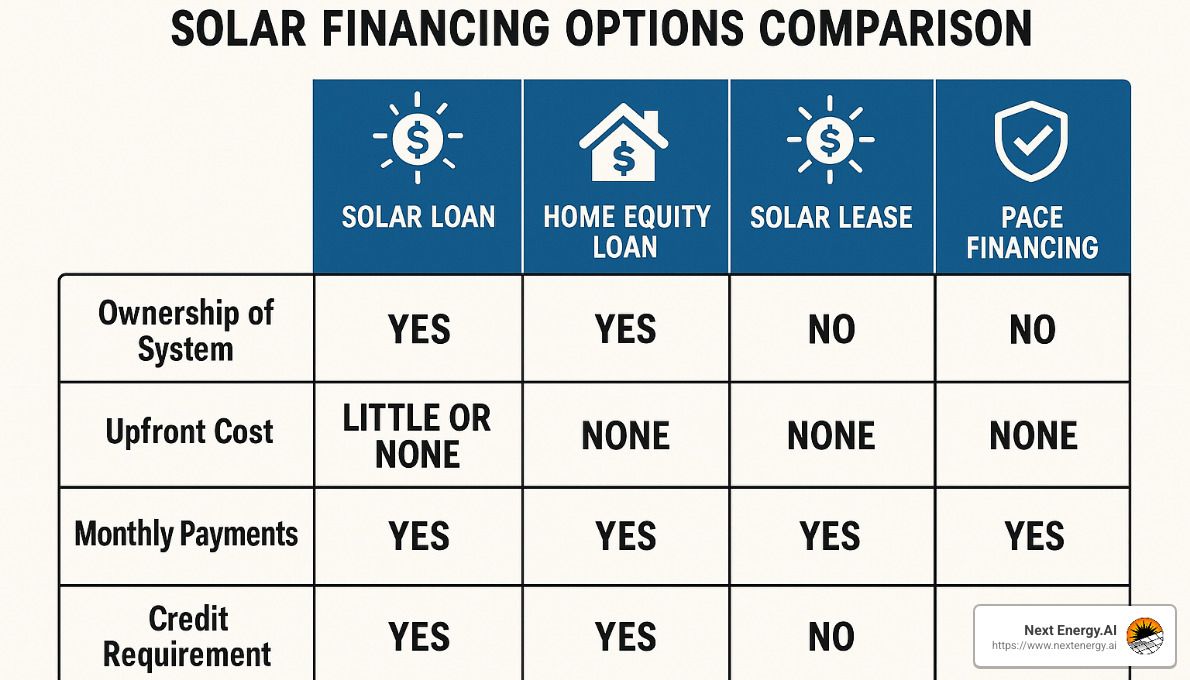
When weighing your options, look beyond just the monthly payment. Consider the total cost over the entire loan term, who gets to claim available incentives, what happens if you sell your home before the financing term ends, and who's responsible for maintenance and repairs.
In my experience helping Colorado homeowners steer the average cost of solar panels in Colorado, most find that a solar loan or home equity loan hits the sweet spot – allowing them to own their system, claim all incentives, and spread the cost over time in a manageable way.
At Next Energy.AI, we partner with several trusted financing providers to help our customers find the option that makes the most sense for their situation. After all, the best solar financing is the one that lets you start saving money from day one while setting you up for maximum long-term benefits.
Frequently Asked Questions about the Average Cost of Solar Panels in Colorado
How Much Can I Expect to Pay for Solar Panels in Colorado?
When homeowners call us at Next Energy.AI, this is usually their first question - and it's a good one! The average cost of solar panels in Colorado typically falls between $2.82 and $3.52 per watt installed.
What does this mean for your home? For a complete system, you're looking at roughly:
- Small system (5 kW): $14,100 - $17,600 before incentives; $9,870 - $12,320 after the federal tax credit
- Medium system (7.5 kW): $21,150 - $26,400 before incentives; $14,805 - $18,480 after federal tax credit
- Large system (10 kW): $28,200 - $35,200 before incentives; $19,740 - $24,640 after federal tax credit
Of course, your actual costs will vary based on your specific situation. We've installed systems across Northern Colorado and have seen how prices can differ even between neighboring towns like Fort Collins, Loveland, and Greeley - mainly due to differences in permitting costs and local regulations.
One thing our lead solar designer always tells customers: "Make sure the quoted price includes everything—panels, inverters, mounting hardware, labor, permits, and interconnection. Some companies advertise temptingly low per-watt prices but then surprise you with fees for 'extras' that are actually essential components."
Are Solar Panels Worth the Investment in Colorado?
I'm often asked this question while meeting with homeowners, and in Colorado, the answer is a resounding yes for most homes. Our state offers the perfect combination of factors that make solar a smart investment.
First, our abundant sunshine - about 300 sunny days per year - means your panels will produce more electricity than they would in many other states. This natural advantage gives Colorado homeowners excellent energy production right from the start.
The financial returns are compelling too. With a typical payback period of 7-11 years, you'll enjoy 15+ years of essentially free electricity after that point. Meanwhile, traditional utility rates in Colorado have risen by an average of 2-3% annually over the past decade, a trend that shows no signs of stopping.
I recently visited a customer in Loveland who installed an 8.5 kW system that cost $24,000 before incentives and $16,800 after the federal tax credit. Their monthly electric bill plummeted from $135 to just $18 - saving them about $1,400 annually. Their system will pay for itself in about 12 years, after which they'll enjoy essentially free electricity for the remaining 13+ years of the system's warranted life.
Beyond the direct savings, homes with owned solar systems typically sell for 4.1% more than comparable homes without solar. It's one of the few home improvements that actually pays you back every month while increasing your property value.
What Incentives Are Available to Reduce the Average Cost of Solar Panels in Colorado?
Colorado is one of the best states for solar incentives, which significantly reduce the average cost of solar panels in Colorado. Here's what's available to help make your solar journey more affordable:
The Federal Solar Investment Tax Credit (ITC) is the biggest financial boost, allowing you to deduct 30% of your total system cost from your federal taxes. This incentive is guaranteed through 2032, so there's still plenty of time to take advantage of it.
Colorado also offers a Sales Tax Exemption, meaning you won't pay the state's 2.9% sales tax on your solar equipment - an immediate savings at purchase. Plus, the Property Tax Exemption ensures that the added value to your home from solar panels won't increase your property taxes.
All major Colorado utilities offer Net Metering, providing retail-rate credits for excess electricity your system produces. This means if your system generates more electricity than you use during sunny days, you'll get full credit for that power to offset your nighttime usage.
Many utilities offer additional rebates too. Xcel Energy's Solar*Rewards program has been popular among our customers, and various local utilities offer their own incentives that vary by location. If you're in a lower-income bracket, programs like Denver's Solar Rebate Program can provide additional support.
For financing help, the Colorado Residential Energy Upgrade (RENU) Loan program offers low-interest financing specifically for renewable energy improvements.
I recently worked with a homeowner in Boulder installing a $25,000 system who received a $7,500 federal tax credit, $725 in sales tax savings, and $2,000 in local utility rebates. With ongoing property tax savings and retail credit for excess production through net metering, their effective cost dropped to around $14,775. That dramatically improved their return on investment and shortened their payback period by several years.
The combination of these incentives can reduce your net cost by 40-50% compared to the gross system cost - making solar more accessible than ever for Colorado families.
Conclusion
The average cost of solar panels in Colorado tells an exciting story of opportunity for homeowners across our beautiful state. Yes, the initial investment of $26,400 - $29,417 for an average system might make you pause, but don't let those numbers intimidate you. When you factor in the federal tax credit, those costs drop significantly to $18,480 - $20,592 – much more manageable, right?
What makes solar such a smart move in Colorado isn't just our 300+ days of sunshine (though that certainly helps!). It's the combination of abundant sunshine, strong incentives, and the remarkable long-term value that solar delivers. Most Colorado homeowners see their systems pay for themselves in just 7-11 years. After that? It's essentially free electricity for the remaining 15+ years of your system's life.
Think about what that means in real dollars: over $31,000 in savings during your system's 25-year lifespan. That's money staying in your pocket instead of going to your utility company. Plus, your home value increases, and you're doing something genuinely positive for the environment. It's one of those rare win-win-win situations.
Here in Colorado, we've watched solar costs drop dramatically over the past decade while the technology keeps getting better. Whether you live in busy Denver, laid-back Boulder, or anywhere across the Front Range, solar has become an increasingly accessible path to energy independence.
At Next Energy.AI, we're proud to be part of Colorado's clean energy future. Based right here in Loveland, we understand the unique opportunities and challenges of going solar in our region. Our team doesn't just install panels – we integrate advanced AI technology to create intelligent energy management systems that maximize your investment and optimize your home's energy usage.
We've helped hundreds of homeowners across Northern Colorado and Southern Wyoming steer their solar journeys, and we'd love to help you too. Every home is different, with unique energy needs, roof configurations, and financial considerations. That's why we take a personalized approach to every installation.
Ready to see what solar could look like for your specific home? Explore our detailed guide to Solar Installation Colorado or reach out for a conversation about your energy goals. We promise no high-pressure sales tactics – just honest information to help you decide if solar makes sense for your home and budget.
The average cost of solar panels in Colorado is just the beginning of the story. The real value comes in the decades of clean, affordable energy they'll provide for your home. Let's find what that could mean for you.
